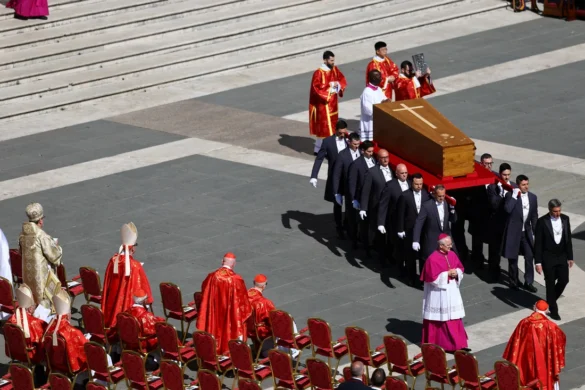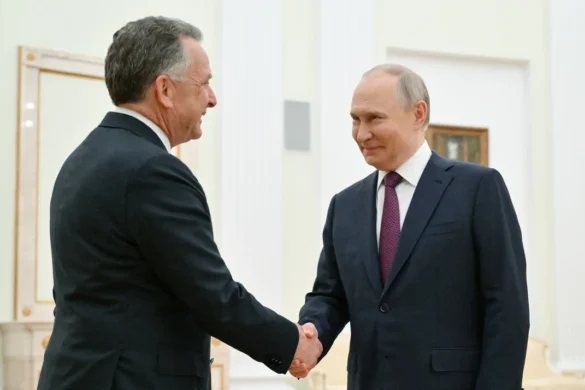South Africa is planning to grant diplomatic immunity to Zimbabwe’s first lady Grace Mugabe, allowing her to return to Harare and avoid prosecution for the alleged assault of a 20-year-old model, a government source said on Friday.
South African police have put border posts on “red alert” to prevent Mugabe fleeing and said she will not receive special treatment, after Gabriella Engels accused Mugabe of whipping her with an electric extension cable.
But a senior government source said there was “no way” Mugabe, 52, would be arrested because South Africa would weigh the need to seek justice against the diplomatic fallout.
“There would obviously be implications for our relations with Zimbabwe. Sadly the other countries in the region are watching us and how we are going to act,” the source said, asking not to be named.
“What is likely to happen is that she will be allowed to go back home, and then we announce that we’ve granted diplomatic immunity and wait for somebody to challenge us.”
The source acknowledged the view widely held by legal experts that Mugabe is not entitled to diplomatic immunity because she was in South Africa for medical treatment, and said her immunity might be challenged in court at a later date.
Rights group Afriforum, which is advising Engels, said it would be illegal for Pretoria to give Mugabe immunity and branded the plans a “disgrace”.
Harare has made no official comment on the saga, which erupted on Monday, and requests for comment from Zimbabwean government officials have gone unanswered.
Zimbabwe’s 93-year-old President Robert Mugabe arrived early in Pretoria for a regional southern African summit this week to help resolve his wife’s legal problems, the source said.
Grace Mugabe is expected to attend the summit as part of a “first spouses” programme.
Engels said she was assaulted by Mugabe on Sunday evening as she waited with two friends in a luxury Johannesburg hotel suite to meet one of Mugabe’s adult sons.
A lawyer for Mugabe identified by Reuters refused to comment.




